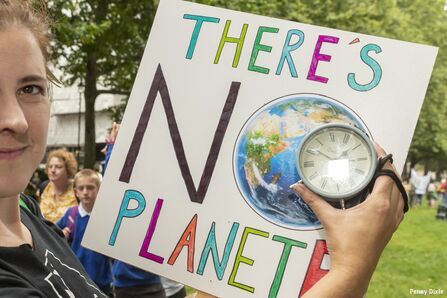This November, over 56,000 delegates from more than 190 countries journeyed to Brazil for COP30. The hopes of the world lying heavily on their shoulders, for them to negotiate and deliver a plan of action to confront climate change. The conference’s location at the edge of the Amazon rainforest, symbolic of nature’s importance as a vital resource for the planet.
10 years on since the signing of the Paris Agreement in 2015, there was hope that this, the 30th Conference of the Parties, would produce ambitious goals towards achieving the 1.5C global temperature target. The treaty signed in Paris was, at the time, widely heralded as a success in creating an international consensus on climate change mitigation. The agreement was formed to strengthen the global response to the threat of climate change; a global problem in need of global solutions.


